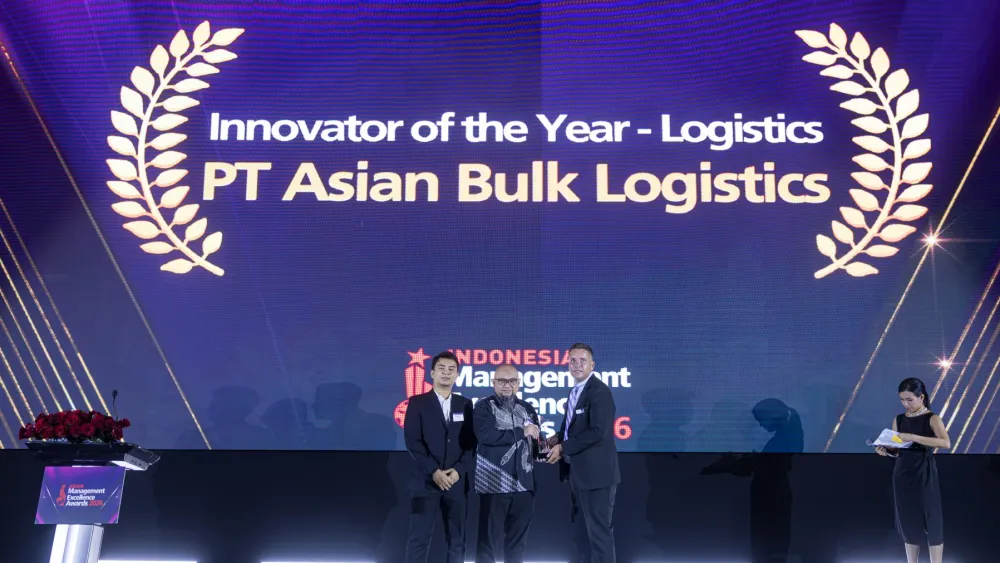
Tech companies must balance global mindset with local nuance: PwC’s Wilson Chow
He mentioned that companies must take an active role in shaping regulatory frameworks and standards that support their innovative approaches to establish global leadership.
The technology industry in Asia in the past year has been characterised by significant growth, innovation, and transformation, mainly driven by the rapid adoption of artificial intelligence (AI) and cloud services. This has also solidified the region’s critical role in shaping the next phase of global tech evolution.
Wilson Chow, Global Technology, Media and Telecommunications (TMT) Industry Leader and China Artificial Intelligence Leader at PwC China, offers this valuable insight as he highlights how companies can become successful in blending global scalability with localised strategies in their tech undertakings.
As an industry leader, Chow has been leading and supporting the PwC global network across its lines of service—Assurance, Taxation and Advisory—to provide one-stop professional solutions and services to companies in the TMT industry, as well as to clients looking to reinvent themselves through digital transformations.
He combines this breadth of experience and knowledge as part of the judges for the Asian Technology Excellence Awards 2025, where he advised how tech companies and innovations can stay competitive in and how they can distinguish themselves amidst an active regulatory environment.
From your perspective, what are the most pressing challenges technology companies in the Asia-Pacific region are facing as they scale their innovations globally?
As technology companies in the Asia-Pacific region look to scale their innovations globally, they encounter several pressing challenges. Firstly, navigating the complex and varied regulatory landscapes across different countries is a significant hurdle, especially under the current escalating geopolitical strains amongst large nations. Companies must adapt to differing standards and compliance requirements, which can slow down expansion efforts. Additionally, addressing infrastructural disparities is crucial, as some regions may lack the necessary technological framework to support advanced innovations. Cultural differences can also play a role, requiring companies to tailor their offerings to meet diverse consumer preferences. Competition from established local players who have deep market insights poses another challenge. Further, securing the right talent, particularly those with digital and global expertise, remains a critical issue for successful expansion.
As AI continues to gain momentum, what governance and ethical considerations should technology leaders focus on when scaling AI solutions across their organisations?
There are several governance and ethical considerations technology leaders should prioritise when scaling AI solutions, especially for Generative AI (GenAI) which generates original content and outputs. Ensuring transparency in AI operations is paramount to building trust with users and stakeholders. Data privacy and protection are both crucial, as AI systems often process large volumes of personal information. Addressing and mitigating bias in AI algorithms is essential to ensure fairness and inclusivity in outcomes. Establishing accountability frameworks for AI-driven decisions can help manage risks and unintended consequences. Leaders should also foster a culture of continuous ethical review and adaptation, making sure that AI solutions align with evolving societal values and expectations.
How can companies across Asia better cultivate, retain, and future-proof their digital talent to stay competitive in the evolving landscape?
To stay competitive, companies in Asia should focus on several strategies to cultivate and retain digital talent. Investing in continuous learning and development programmes is vital to keep employees updated with the latest technological trends. Creating an innovative and collaborative work environment attracts and retains top talent by fostering creativity and engagement. Competitive compensation and benefits packages tailored to digital professionals' needs are essential. Emphasising inclusivity and diversity within the workplace can draw a broader range of skilled individuals. Additionally, forming partnerships with educational institutions can help ensure that curricula align with industry demands, providing a steady stream of future-ready talent. Concurrently, companies should not neglect upskilling their existing workforce. The beauty of GenAI is that people can use natural language prompts to create content and output. With proper training and upskilling, the current workforce can emerge to be digitally savvy, fully capable of adopting and embracing the emerging technology.
In what ways are technology companies in Asia adapting the design and delivery of their platforms, products, or services to meet the increasing demands of consumers?
Technology companies in Asia are increasingly utilising data analytics to better understand consumer preferences and behaviours, leading to more personalised offerings. Agile development methodologies are being adopted to enable rapid iteration and improve products based on user feedback. Emphasising mobile-first and cloud-native solutions ensures that products are accessible and scalable. Companies are also integrating AI and machine learning into their offerings to enhance functionality and user experience. Moreover, a growing focus on sustainability and ethical sourcing is influencing product design to align with consumer demand for socially responsible products.
Looking ahead, what do you see as the defining characteristics of the next generation of technology companies in Asia, and how can they position themselves to lead on the global stage?
The next generation of technology companies in Asia will likely be characterised by their agility, their capacity for rapid innovation, and their commitment to sustainability. These companies will need to maintain a global mindset whilst being attuned to local nuances and preferences. Building strong ecosystems through strategic partnerships and collaborations will be crucial. They should prioritise talent development and embrace cutting-edge technologies like AI and blockchain. To establish global leadership, companies must also take an active role in shaping regulatory frameworks and standards that support their innovative approaches.
As a returning judge for the Asian Technology Excellence Awards 2025, what key attributes will you be focusing on when assessing this year’s nominees?
It is my honour to return as a judge this year. I am eager to see the range of creative and innovative solutions proposed by the nominees. In assessing nominees for the Asian Technology Excellence Awards, I will focus on the originality and potential impact of their innovations. The ability to effectively and sustainably solve real-world problems is a critical criterion. I will also consider evidence of strong leadership and strategic vision, as well as the potential for scalability and global reach. Further, ethical considerations, including the responsible use of technology, will feature prominently in my assessment. Lastly, I will pay attention to the nominees' commitment to fostering diversity and inclusion within organisations, as this is integral to driving comprehensive and innovative growth throughout Asia.


















 Advertise
Advertise








